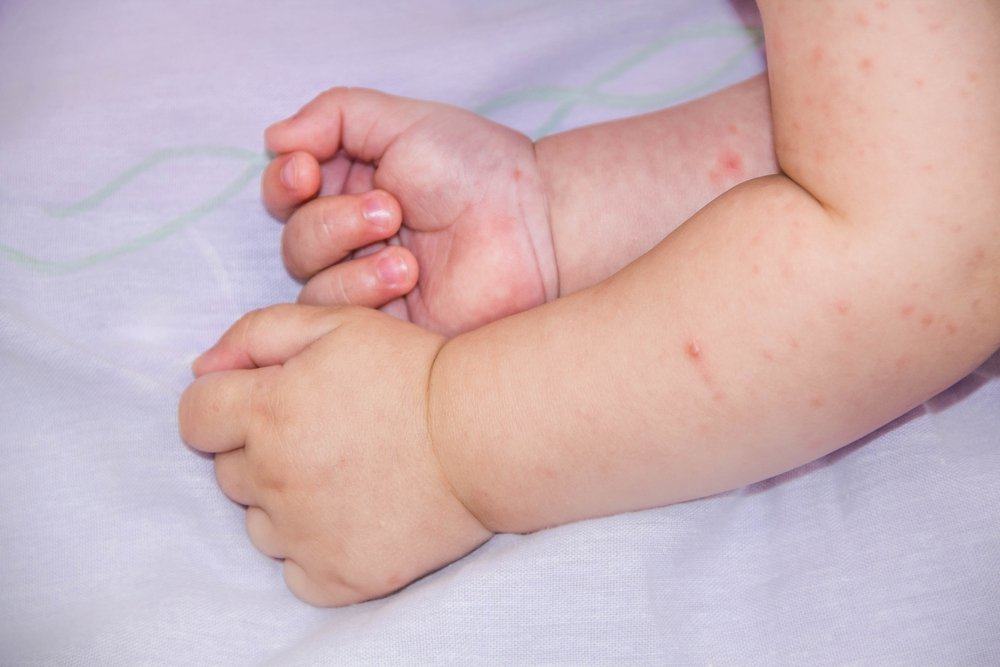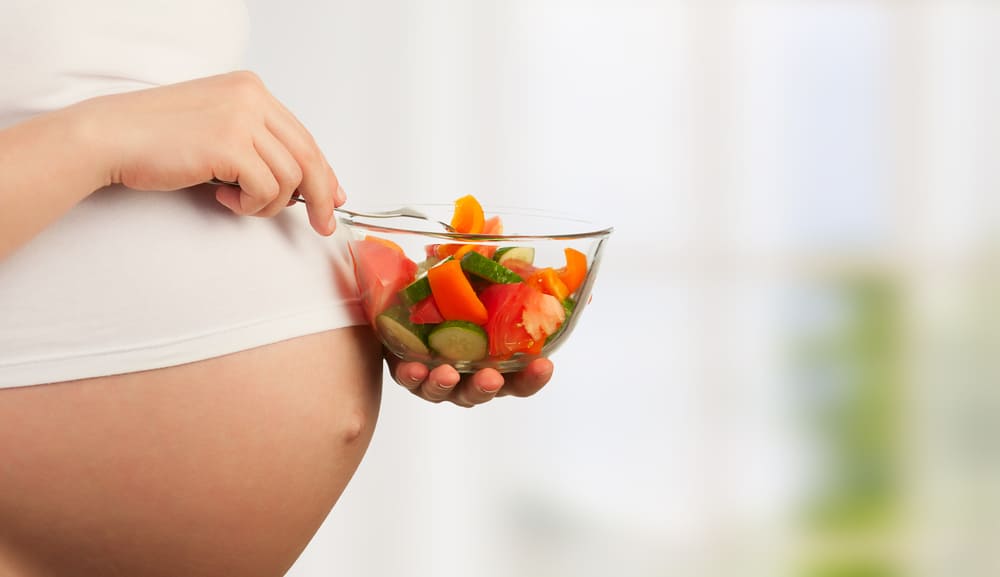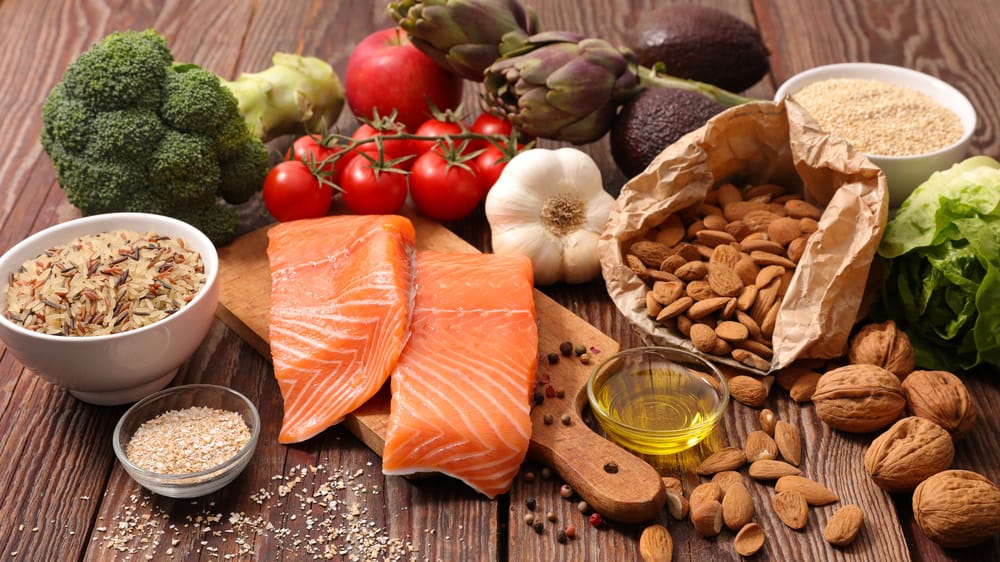Contents:
- Medical Video: When should you Test your Child for Food Allergies?
- What are food allergies?
- Since what age can a food allergy in a child be detected?
- How do I know if my child has a food allergy?
- Feed the baby gradually
Medical Video: When should you Test your Child for Food Allergies?
Does your child have food allergies? Knowing whether a child has allergies or not for food may be something that is not easy but also not difficult. When a child has an allergy to food, he will show an allergic reaction. You must recognize this reaction early so that you can anticipate it later. Food allergies in children can not be immediately known because it takes some time for the child's body to bring up an allergic reaction.
What are food allergies?
Allergies are immune reactions to compounds from the outside environment, such as from food, which are called allergens. Food allergies occur when a child's immune system becomes confused about a substance contained in food. When foods that cause allergies are eaten by children, substances in these foods can trigger reactions from the body because the body thinks it is a hazard. The child's immune system will then form antibodies to fight allergens from these foods.
When children eat these foods at a later time, the body releases a compound called histamine to protect the body from harm. The release of these compounds can cause symptoms, such as runny nose, sneezing, itching, and coughing. These symptoms can appear as mild or more severe.
Since what age can a food allergy in a child be detected?
Knowing allergies in children may take time. Children can immediately react when eating or need time to bring up an allergic reaction to food. Every child who is allergic to food or with other things has limits that must be achieved before an allergy can cause a reaction. Usually the child's body takes several months to develop allergies.
Food allergies can begin to appear when the child is still a baby and in the early childhood years. Usually this is caused by a small amount of food. Children who have food allergies are usually those who have allergic offspring from their families. Babies who have had eczema are usually at risk of having food allergies. The more severe the baby has eczema at the beginning of his life, the more likely the baby has food allergies.
How do I know if my child has a food allergy?
Some food allergies can be easily identified immediately after a few minutes or a few hours your child comes into contact with food. If the child has a food allergy, after the child eats certain foods the first time or the second time, the child will show a reaction such as:
- On the skin: itching, eczema, redness, swelling of the face, lips, tongue and mouth
- In the digestive tract: abdominal pain, nausea, vomiting, or diarrhea
- In the respiratory tract: runny nose, stuffy nose, sneezing, coughing, wheezing, or shortness of breath
- In the cardiovascular system: loss of consciousness or fainting
Food allergic reactions can affect one of the four sections above. This reaction appears differently between children, can be mild or severe, can also involve one of the body parts above or involve many parts of the body. A very serious reaction is called anaphylaxis which can be life threatening to children. Therefore, if the child raises one of the allergic reactions above, you should immediately take your child to the doctor for further examination.
You need to distinguish between food allergies and food intolerance. Food intolerance does not concern the immune system, usually this is caused by the inability of children to digest certain substances in food (such as lactose). In addition, lactose intolerance usually shows symptoms, such as indigestion, stomach upset, diarrhea, headaches, and belching.
Feed the baby gradually
If the child has allergic offspring, it's best since your child is still a baby you begin to introduce food to him gradually. This method is done to determine the reaction of each food, making it easier for you to recognize the allergic reaction of children to new foods.
Every time you give a new meal, make sure you wait 3-5 days before you give another new meal to the child. At this time, pay attention to whether the child has an allergic reaction to food. If you don't bring up a reaction, you can continue giving. Don't get rid of other foods that babies can receive.
The type of food or the order of foods introduced to the child is not a problem if given randomly, the most important thing is that you feed one by one, especially foods that often cause allergic reactions.
There are 8 foods that most often cause allergies, namely:
- Cow's milk
- Egg
- Peanuts
- Soybeans
- Wheat
- Peanuts (such as walnuts and cashews)
- Fish
- Shellfish, shrimp, crabs and other seafood that are shelled
Some experts recommend that you wait until the baby is a little older (at least 3 years) to be able to offer baby food as above, especially peanuts.
READ ALSO
- Know the Types of Allergies
- Why Babies Can't Drink Cow's Milk
- Allergy injections and allergy drops for adults and children












